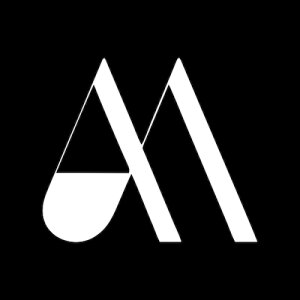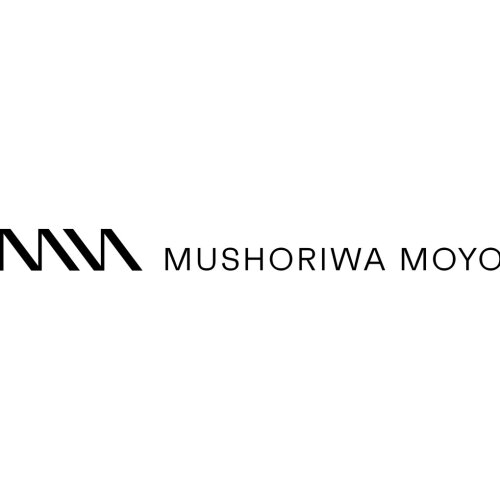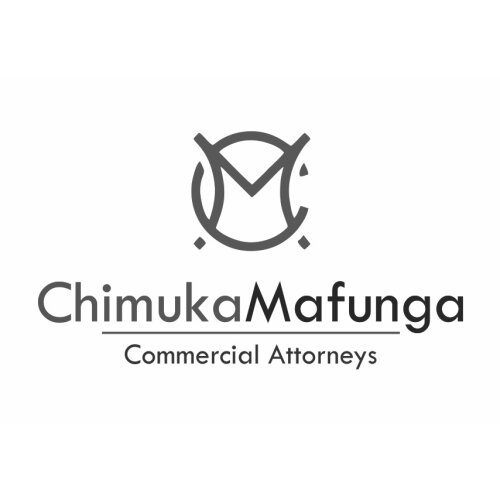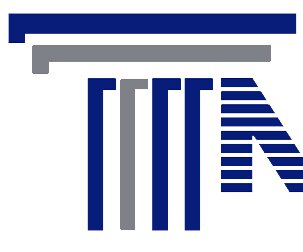Best Intellectual Property Lawyers in Harare
Share your needs with us, get contacted by law firms.
Free. Takes 2 min.
List of the best lawyers in Harare, Zimbabwe
About Intellectual Property Law in Harare, Zimbabwe
Intellectual Property (IP) law in Harare, Zimbabwe, is designed to protect the creations and innovations of individuals and businesses. This includes copyrights, trademarks, patents, and industrial designs. The country recognizes the importance of protecting intellectual assets and has developed a range of laws to support creators and inventors. The Zimbabwe Intellectual Property Office (ZIPO) is the main authority responsible for IP registration and enforcement in the country. Additionally, Zimbabwe is a member of several international IP treaties, which reinforces its commitments to global standards of IP protection.
Why You May Need a Lawyer
There are several situations in which you might need the help of an Intellectual Property lawyer in Harare:
- Registering IP Rights: Navigating the processes for registering trademarks, copyrights, patents, and designs can be complex.
- IP Infringement Issues: If you suspect someone is infringing on your intellectual property rights, a lawyer can help you enforce those rights.
- Licensing and Contracts: Drafting and negotiating agreements related to the use of intellectual property requires specialized legal expertise.
- Litigation and Dispute Resolution: Legal assistance is vital in defending or initiating cases involving IP disputes.
- Advice on IP Strategy: A lawyer can provide strategic advice to maximize your IP’s value in business operations.
Local Laws Overview
The legal landscape of Intellectual Property in Zimbabwe revolves around several key pieces of legislation:
- The Copyright and Neighboring Rights Act: This law protects literary, musical, and artistic works, among others.
- The Trade Marks Act: This act governs the registration and protection of trademarks used in goods and services.
- The Patents Act: Provides the framework for patent registration and protects inventions that are novel, involve an inventive step, and are industrially applicable.
- The Industrial Designs Act: Relates to the protection of the visual designs of objects that are not purely utilitarian.
Each of these acts defines the scope of protection offered and outlines the procedures for securing IP rights in the country.
Frequently Asked Questions
What types of Intellectual Property can I register in Zimbabwe?
You can register patents, trademarks, copyrights, and industrial designs in Zimbabwe.
How long does it take to get a trademark registered?
The process can take several months to a year, depending on the complexity of your application and any objections that might arise.
What is the role of the Zimbabwe Intellectual Property Office?
ZIPO is responsible for the registration and protection of intellectual property rights within Zimbabwe. It manages all IP-related processes and provides guidance to applicants.
Is Zimbabwe a signatory to international IP treaties?
Yes, Zimbabwe is a signatory to several key international intellectual property treaties, including the Paris Convention, Berne Convention, and the Agreement on Trade-Related Aspects of Intellectual Property Rights (TRIPS).
What should I do if I suspect my IP has been infringed?
Consult an IP lawyer immediately to explore enforcement options such as cease-and-desist letters or legal proceedings.
Can I license my IP to someone else?
Yes, you can license your IP. It’s advisable to have a lawyer draft the licensing agreement to protect your interests.
How long is a copyright valid in Zimbabwe?
Copyright protection lasts for the life of the author plus 50 years after their death.
Are there penalties for IP infringement?
Yes, there are both civil and criminal penalties for intellectual property infringement in Zimbabwe. These can include fines and injunctions.
What kind of inventions can be patented?
An invention must be novel, useful, and involve an inventive step to be eligible for a patent.
How does a trademark differ from a copyright?
A trademark protects brand names and logos used on goods and services, while a copyright protects original works of authorship like books, music, and software.
Additional Resources
For further assistance, you might consider reaching out to the following organizations:
- Zimbabwe Intellectual Property Office (ZIPO): Offers resources and support for IP registration and inquiries.
- The Zimbabwe Lawyers for Human Rights (ZLHR): Provides legal advice and support for IP rights issues.
- African Regional Intellectual Property Organization (ARIPO): Manages IP across several African nations, including Zimbabwe.
- World Intellectual Property Organization (WIPO): Provides a wealth of resources on international IP standards and best practices.
Next Steps
If you need legal assistance in the field of Intellectual Property in Harare, Zimbabwe, here are some steps you can take:
- Identify Your Needs: Clearly define what type of legal assistance you require, whether it's registration, litigation, or advisory services.
- Research Law Firms: Look for law firms or individual lawyers in Harare that specialize in Intellectual Property law.
- Schedule Consultations: Arrange meetings with a few different legal professionals to discuss your situation and get a sense of the support they can offer.
- Check Credentials: Ensure the lawyer or firm is registered with the Law Society of Zimbabwe and has a good track record with IP cases.
- Review Costs: Discuss fees upfront to understand the financial requirements and plan accordingly.
- Make a Decision: Choose the lawyer or firm you feel most comfortable with and commence your legal processes.
Lawzana helps you find the best lawyers and law firms in Harare through a curated and pre-screened list of qualified legal professionals. Our platform offers rankings and detailed profiles of attorneys and law firms, allowing you to compare based on practice areas, including Intellectual Property, experience, and client feedback.
Each profile includes a description of the firm's areas of practice, client reviews, team members and partners, year of establishment, spoken languages, office locations, contact information, social media presence, and any published articles or resources. Most firms on our platform speak English and are experienced in both local and international legal matters.
Get a quote from top-rated law firms in Harare, Zimbabwe — quickly, securely, and without unnecessary hassle.
Disclaimer:
The information provided on this page is for general informational purposes only and does not constitute legal advice. While we strive to ensure the accuracy and relevance of the content, legal information may change over time, and interpretations of the law can vary. You should always consult with a qualified legal professional for advice specific to your situation.
We disclaim all liability for actions taken or not taken based on the content of this page. If you believe any information is incorrect or outdated, please contact us, and we will review and update it where appropriate.
Browse intellectual property law firms by service in Harare, Zimbabwe
Harare, Zimbabwe Attorneys in related practice areas.














